See Through People
The Miracle
In an attempt to tell a universal story, Nienke Deutz’s The Miracle arrives only at vagueness.

A hotel is the perfect setting for a story about uncertainty. The problem comes when the storytellers themselves are uncertain. Unfortunately, such is the case with The Miracle, a Dutch-Belgian animated short by Nienke Deutz that centres around Irma, a single, child-free, thirty-something woman on holiday in a nondescript location. In an attempt to tell a universal story, the film arrives only at vagueness.
It all starts pleasantly enough: Irma arrives at the eponymous Miracle Hotel, an all-inclusive, all-beige White Lotus experience, complete with spa, and staff you can be rude to. She enjoys herself at first; strutting to the pool, taking selfies with her complimentary cocktail, and getting her toes wet in the sea. But alas, her enjoyment quickly dissolves once she discovers that the hotel is populated by a suspiciously high amount of third-trimester pregnant women. (This might be the real miracle here: how all these soon-to-be mothers arrived at this sunny paradise regardless of flight regulations.) Now, foetuses floating in transparent bellies are all Irma can focus on.
The film’s striking visual language conveys this eerie image: a feat of stop-motion animation composed of realist three-dimensional sets and minimalist two-dimensional figures painted on foil. Much attention is paid to creating the warm atmosphere of the hotel: soft textures and earth tones instantaneously establish the comforting setting. The see-through figures are innovative and immediately intriguing, and the mind races with the potential uses of this device.
Aesthetically, it is a five-star experience. But the polish of professionalism might have removed all playfulness. Glimpses of what could have been remain: a sharp focus pull reveals that the previous frame was shot through a character’s head. The soft light of a nightlamp reflects on Irma’s body, highlighting her nudity. There is otherwise little desire to utilise the medium beyond a tool to visualise pregnancy—a process that incidentally erases the women around the womb.
Despite its potential, the transparency is ultimately less an invitation to look inside and more evidence of emptiness. There is little to glean about Irma or any other characters, who are all uniformly pleasant, dark-haired, with transparent skin and vaguely continental accents. The world they inhabit is suspiciously plain and devoid of any cultural signifiers. One might expect a Black Mirror-esque twist about the horrors of late capitalism. Imagine: one of the placid staff members accidentally disrespects a guest and is punished for it by losing their outlines and becoming invisible. Or maybe Irma realises this is a simulation orchestrated by foetus overlords to show her what life will be like if she decides to have an abortion. But no such luck.
Instead, the film focuses on Irma’s childlessness—a relevant subject given the current alarmism surrounding low birth rates in Europe and the heated discussions about reproductive rights. Few other factors have so much lasting impact on a woman’s life as the decision whether to have children and the personal and societal consequences deserve our attention. All the more disappointing, then, that the film offers so little insight into Irma’s thoughts or personality beyond her obsession with pregnancy. Is she child-free by choice or not? Is her discomfort caused by trauma, guilt, or frustration? Devoid of any background or substance, she cannot become more than the sum of her superficial characteristics. Thus, when the resolution of Irma’s inner conflict comes, it is less a miracle and more a noncommittal shrug.
Unable to masturbate the bad feelings away without seeing babies, Irma escapes into the night, pees in the pool, and falls asleep naked on one of the loungers. While that may sound very Spring break, it is in fact an (un)surprisingly mellow experience. The next morning, she reluctantly accepts a spa treatment. Covered in “very relaxing” mud, she’s confronted with yet another pregnant woman who is experiencing a panic attack. Unable to see the foetus since the belly is covered in mud, Irma can focus on helping the human in need.
Afterwards, all packed up and ready to leave, she notices the heart-shaped balloon which has been aimlessly floating in her room, its shape and colour not unlike the foetuses haunting her holiday. In a moment of childish spontaneity, she inhales the helium and squeaks “I am Irma!”, followed by a belly laugh and a sigh. A release of sorts has taken place. Irma has inhaled the sadness (or trauma? or anger?) contained in the balloon-foetus and expelled it. To what end remains ambiguous.
Despite the helium-aided proclamation of personhood, it is still unclear who she is, where she came from, and where she will go from here. Music does most of the heavy lifting as the film closes—an upbeat synth tune suggesting a happier and more complete resolution than what was shown. But neither the cheerful soundtrack nor the excellent animation can make up for a shortage in content. The Miracle Hotel awaits the next guest and, hopefully, a more compelling narrative.
This text was developed during the European Workshop for Film Criticism #4—a tandem workshop set during Filmfest Dresden and Vienna Shorts—and edited by tutor Anas Sareen.
The European Workshop for Film Criticism is a collaboration of the European Network for Film Discourse (The END) and Talking Shorts, with the support of the Creative Europe MEDIA programme.

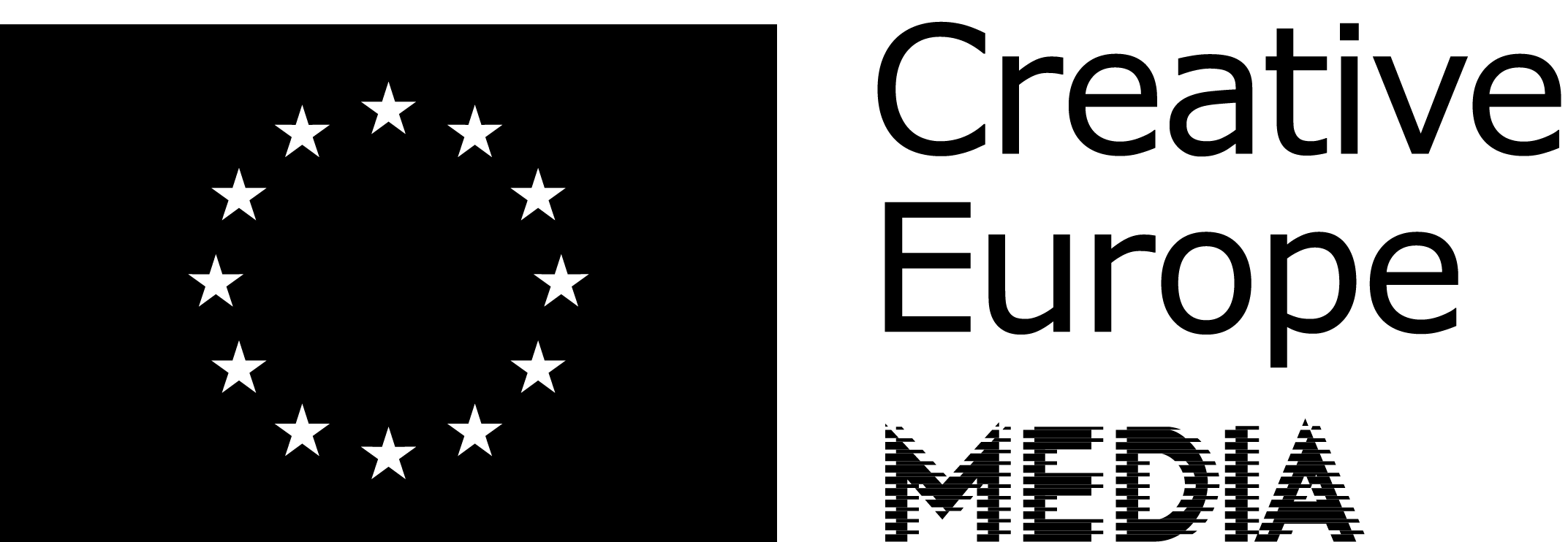
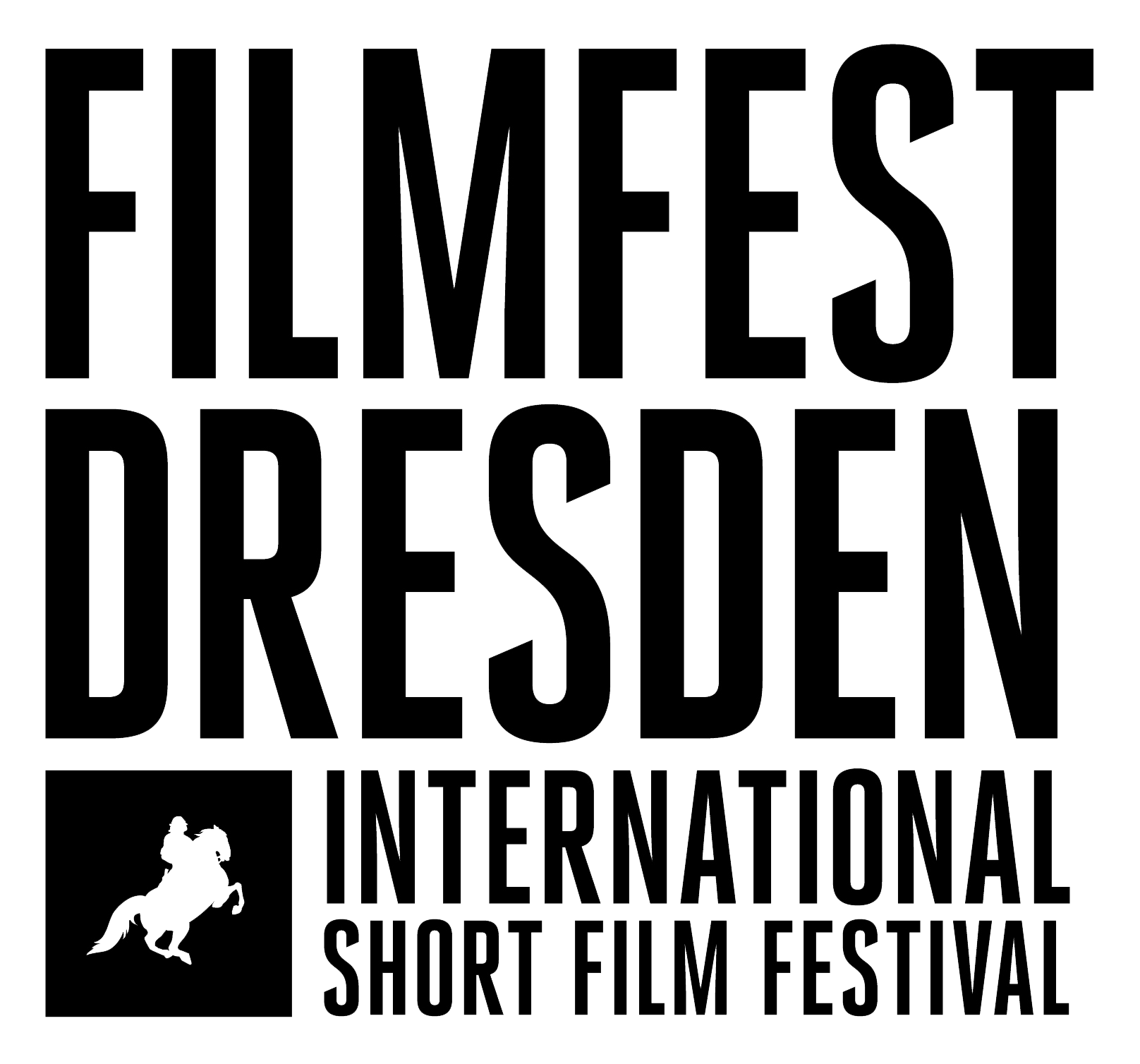

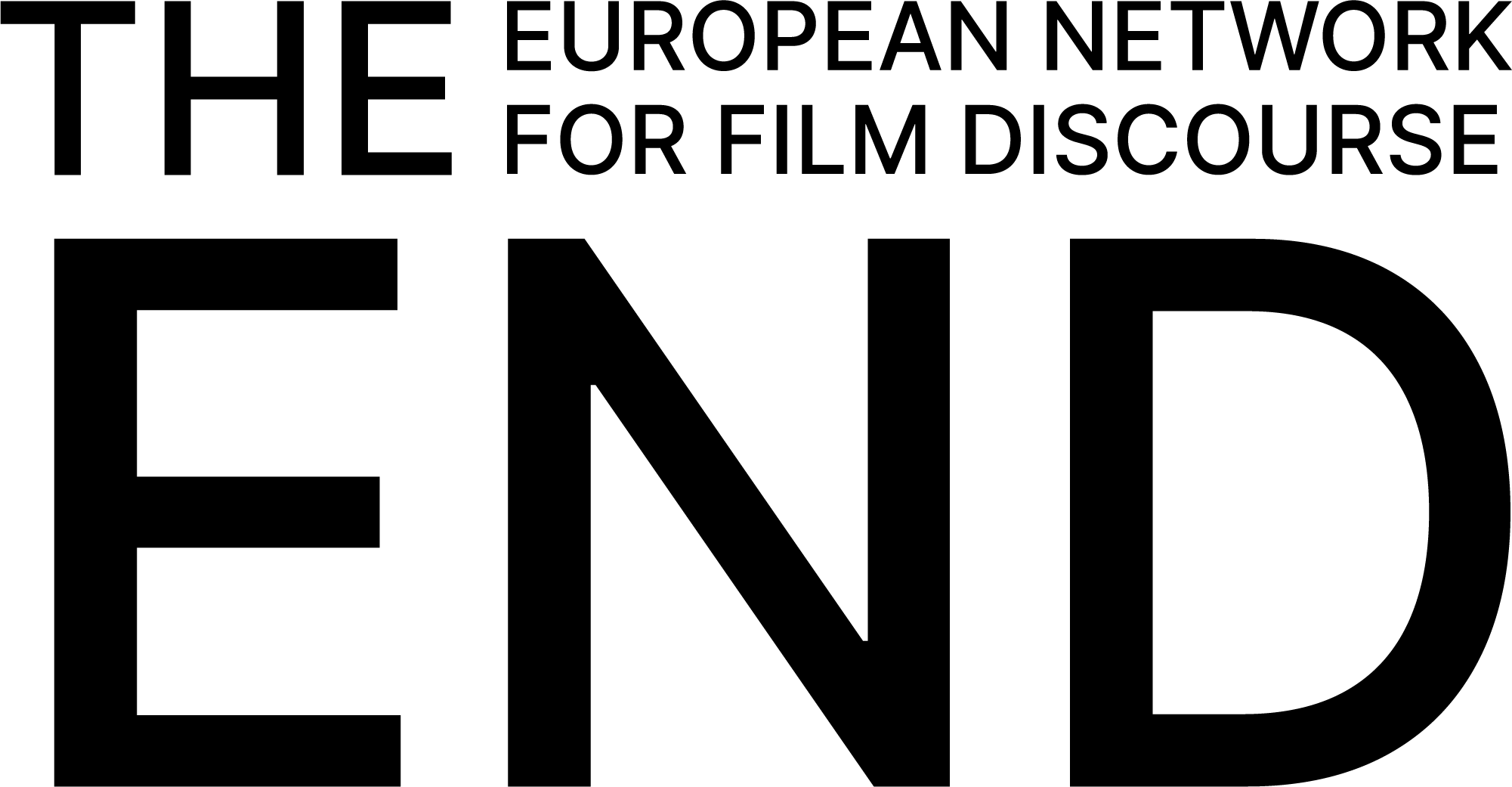
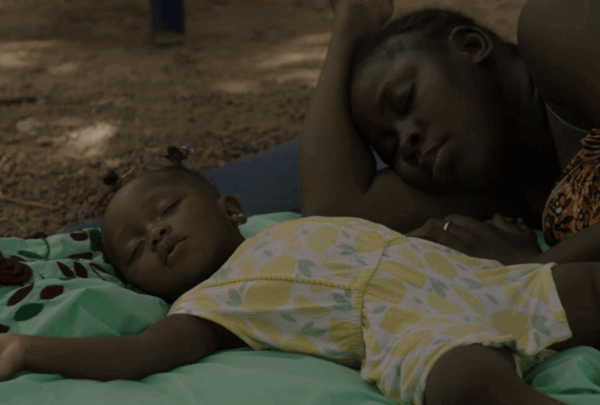
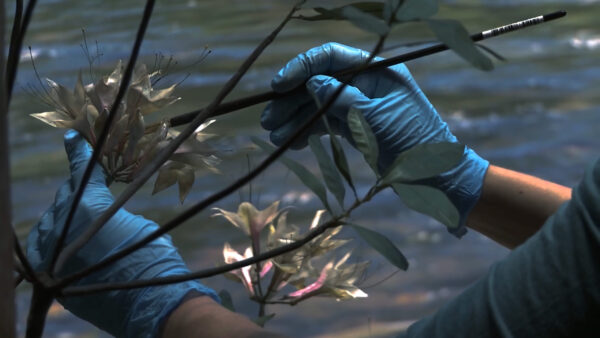
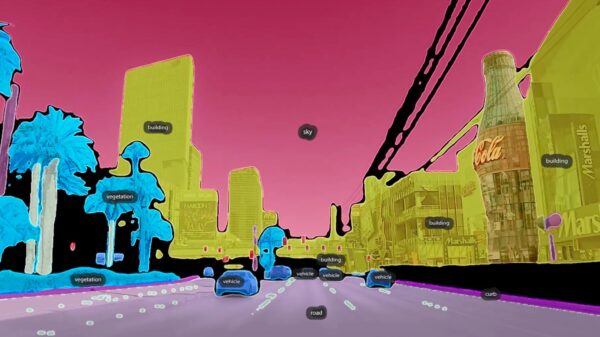

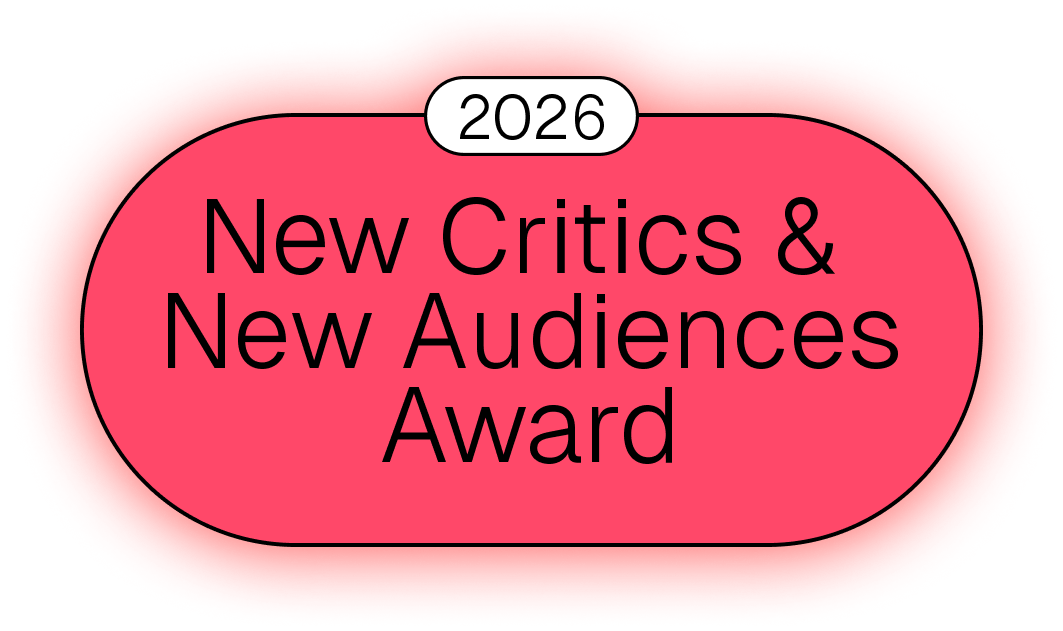
There are no comments yet, be the first!